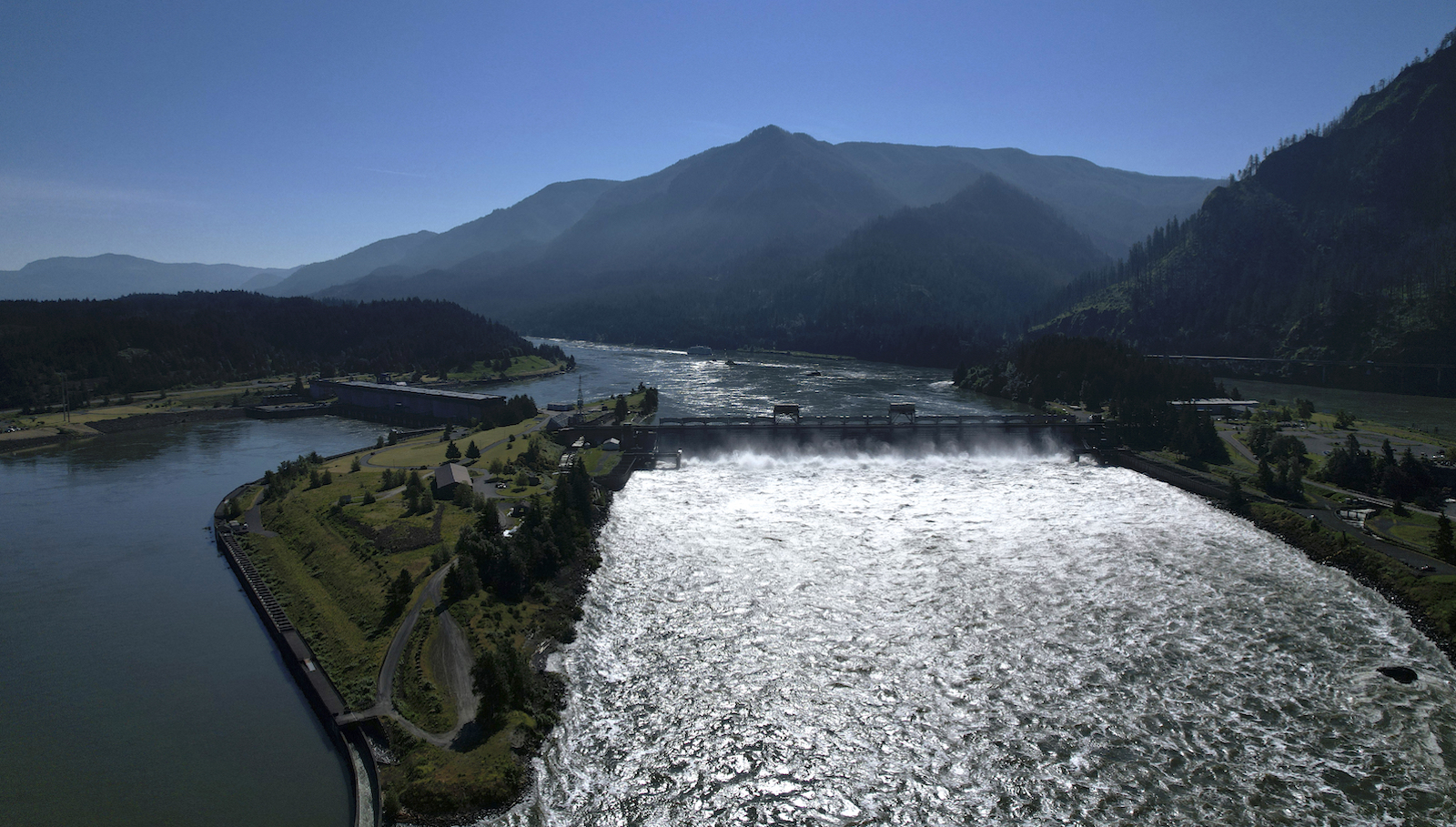Now Reading: US Withdraws from Resilient Columbia Basin Pact, Sparking Debate on Salmon, Energy, and Tribal Rights
-
01
US Withdraws from Resilient Columbia Basin Pact, Sparking Debate on Salmon, Energy, and Tribal Rights
US Withdraws from Resilient Columbia Basin Pact, Sparking Debate on Salmon, Energy, and Tribal Rights

Rapid Summary
- The trump administration has terminated the Resilient Columbia Basin Agreement formulated in 2023,which aimed to restore salmon populations and remove four hydroelectric dams along the Columbia River system.
- Indigenous nations argue this violates their 1855 treaty rights, which include protections for fishing on their ancestral lands affected by declining salmon due to dam constructions.
- Hydroelectric producers support the decision citing increasing energy demands, driven by AI and cryptocurrency data centers. Washington state forecasts a doubling of electricity demand by 2050.
- Tribal leaders express concerns over compromised fisheries restoration efforts,potential energy cost increases,and regional instability due to litigation following the agreement’s termination.
- NOAA’s reports recommend dam removal as key to protecting endangered salmon species, but utility companies cite high operational costs linked to fish and wildlife mitigation programs as challenges.
- Discussions around prioritizing energy security versus ecological conservation intensify amid rising water temperatures threatening fish habitats.
Indian Opinion Analysis
The termination of the Resilient Columbia Basin Agreement raises critical questions about balancing environmental priorities with growing energy demands in a technologically advancing economy. While hydropower remains vital for meeting increasing electricity requirements-especially with emerging industries like AI-the withdrawal undermines years of coordinated efforts toward ecological restoration and Indigenous treaty rights enforcement. Salmon populations form an essential part of cultural heritage for tribal communities while serving notable environmental functions within river ecosystems.
This decision exposes existing tensions between renewable energy expansion via hydropower infrastructure and biodiversity conservation-a conflict heightened as lawsuits likely resume against dam operations’ breach of tribal fishing rights under historic treaties. Additionally, unresolved governance gaps such as utility company exclusion from earlier agreements reflect broader complexities surrounding collaboration among stakeholders with diverse interests.
With climate change exacerbating risks like rising water temperatures that jeopardize salmon survival further, policymakers may face continued pressure from ecological advocates calling for transformative steps such as eventual dam removals observed globally in similar riverscapes.




























